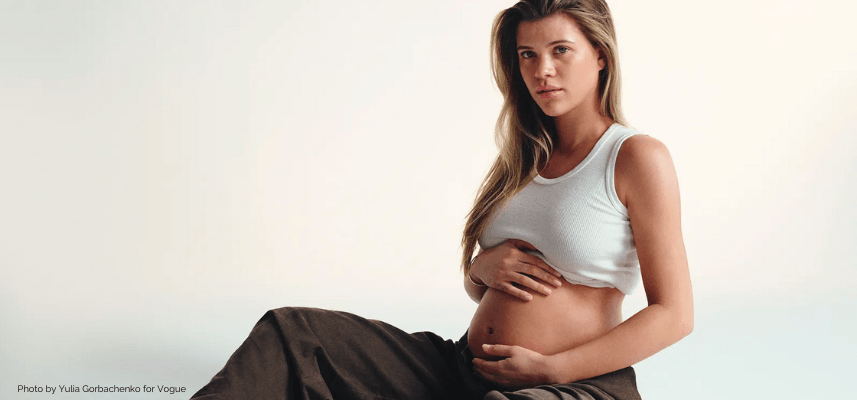Having a good understanding of breastfeeding nutrition can certainly enhance successful outcomes for both you and your child. It is important to remain cognizant of your daily consumption to include quantity in order to provide your body and baby with nutrients promoting growth and health. According to a statement published by the Mayo Clinic, extra calories are needed while breastfeeding. In fact, you should consume an additional 400-500 calories per day to remain energized while breastfeeding. Make those extra calories count by selecting healthy foods. Opting for healthy, nutrient-rich foods will also promote milk production. The Mayo Clinic recommends a high protein diet with a variety of whole grains, fruits, and vegetables. Take care to wash fruits and vegetables thoroughly to minimize pesticide consumption. As you focus to add protein to your diet make sure to also monitor seafood closely. Mercury present in seafood can be damaging to baby’s developing nervous system. Seafood containing high mercury levels include swordfish, king mackerel, and tilefish, and these should be avoided while breastfeeding. It is important to have variety in your diet as food consumed by mom impacts the flavor of breast milk. Variety in your own diet exposes your baby to different tastes which can make transitioning to solid foods less challenging later on. Discuss dietary options with your healthcare provider for additional recommendations and foods to avoid. Your healthcare provider might also recommend supplements in addition to a well-balanced diet. Vitamins such as B12 promote healthy brain development, and vitamin D is crucial for bone strength. Adding these vitamins to your diet can maximize your breastfeeding efforts for optimizing health. Make sure you are staying well hydrated while breastfeeding, but avoid juices and other beverages high in sugar content. Be mindful of caffeine as well as it can impede sleep for you and your baby. Since sleep is vital to overall health take care not to negate your efforts of eating healthy by consuming too much caffeine. It is recommended to keep caffeine intake below 3 cups a day while breastfeeding. Make sure to avoid alcohol altogether as no level of alcohol in breast milk is considered to be safe for an infant. It is also possible that certain foods in your diet can cause an allergic reaction. Consult your child’s healthcare provider if he or she has an adverse reaction after nursing to include: rash, diarrhea or congestion. The experts at Mayo sum things up well: “There’s no need to go a special diet while you’re breast-feeding. Simply focus on making healthy choices-and you and your baby will reap the rewards.”
The aforementioned dietary recommendations hold true whether you’re nursing or pumping. Pumping is a great way to remain committed to full-term breastfeeding when separation of mom and baby occurs…such as returning to the work force. Make sure you are well prepared before your breastfeeding journey begins, and see if you qualify for a breast pump through insurance. The experts at Aeroflow Healthcare are ready to work with you. Click here to submit your information, and a Breast Pump Specialist will evaluate your insurance policy benefits then contact you within a few business days to discuss breast pump options! Make owning a breast pump through insurance your next step, and contact the professionals at Aeroflow today!
Information provided in blogs should not be used as a substitute for medical care or consultation.






